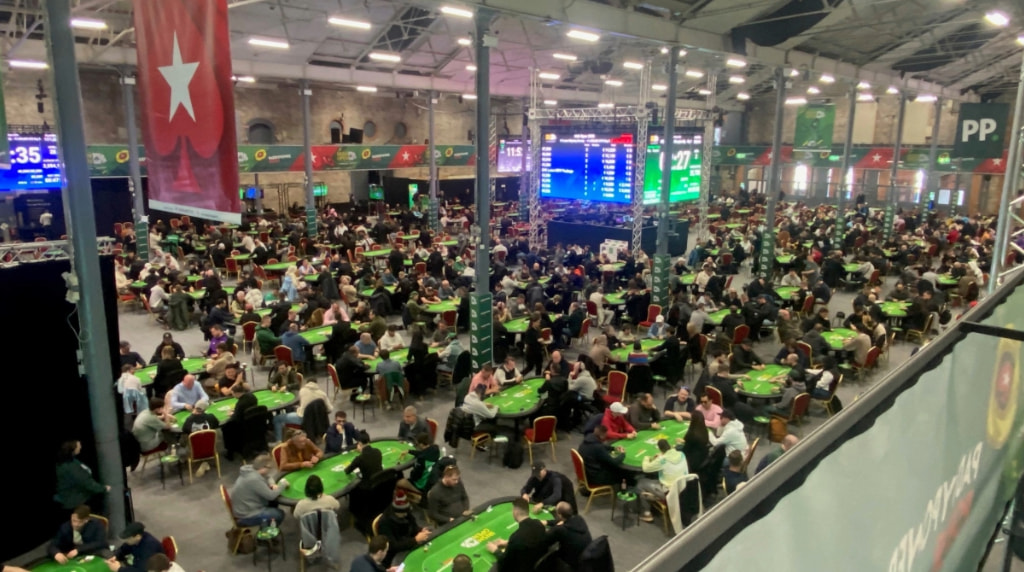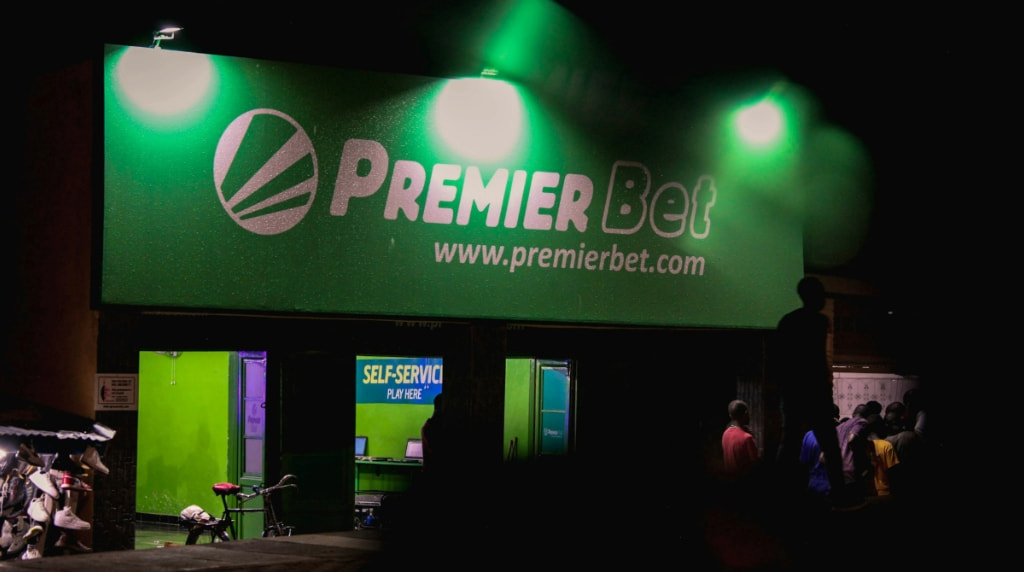KSA Acts on Repeated Gambling Law Violations Committed by Two Companies
In its latest step in the battle against illegal activities surrounding gambling, the Dutch Gambling Authority, Kansspelautoriteit (KSA), has zeroed in on two entities that have breached the gambling law of the country. Red Ridge Marketing and Winning Poker Network are the two companies that have received different orders from the Dutch regulator. While the marketing agency has been slapped with a €675,000 for illegally advertising iGaming, Winning Poker Network has been issued a cease-and-desist order for offering its gambling services to Dutch nationals without a KSA-issued gambling license.

Kansspelautoriteit (KSA), has zeroed in on two entities that have breached the gambling law of the country.
©Ethan Hu/Unsplash
Red Ridge Marketing is a marketing agency that comprises marketers and technology professionals whose expertise lies in building and promoting brands in several sectors, including iGaming. The Albania-based agency flouted article 1, (1)(a) of the Netherlands’ Betting and Gaming Act when it advertised and promoted four websites that offered iGaming services in the country. None of the domains were in possession of a KSA-issued gambling license. The laws revolving around the advertising of gambling are quite strict in the Netherlands. There are a few countries around the globe that have imposed a complete ban on gambling advertisements, but the KSA has not adopted such an extreme policy and expects operators to follow specific guidelines and advertise moderately. Red Ridge does not hold a gambling license, and the domains promoted were also illegal. Hence, a €675,000 fine was issued for all the violations.
Before imposing the massive fine, the KSA warned Red Ridge when it sent out an order for the agency to cease all marketing activities for the illegal operators. However, the entity continued its advertising activities, after which the Dutch gambling authority had no other option but to impose a hefty fine. Upon further investigation, the KSA allegedly discovered that one of the four illegal domains that were advertised was owned by Red Ridge itself. The name of the owner of the other domains remained undisclosed, but reportedly, the individual was the administrator of Red Ridge. Only a few days after issuing the fine, another entity was in the crosshairs of the KSA. Winning Poker Network violated the Netherlands’ gambling law after offering iGaming services to people without a valid Dutch gambling license. The regulator has now issued a cease-and-desist order on Winning Poker Network. The initial investigation was conducted over six months ago when the illegal operator was detected.
Just like any other operator, Winning Poker Network received a warning from the KSA after it was detected for offering online gambling services in the Netherlands without a gambling license. After receiving the warning, the operator made its site inaccessible to Dutch nationals. However, the players were able to access another domain that was owned by the same operator. Hence, the KSA issued a cease-and-desist order against Winning Poker Network. In addition to the order, the United States-facing network will be liable to pay a weekly fine of €25,000 if it does not cease all its gambling activity in the Netherlands. The penalty can go up to a maximum of €75,000. The Dutch gambling authority has stated that it will keep a stern eye on the unlicensed operator and all of its domains. Consistent checks will ensure that all of Winning Poker Network’s domains are blocked in the country. This is not the first time the KSA has faced a challenge like this, and it certainly won’t be the last time an issue like this surfaces.
KSA fined another unlicensed operator in January
Before dishing out a penalty for Winning Poker Network, the KSA imposed a €900,000 fine on Shark77 in January this year. Similar to Winning Poker Network, Shark77 had made its gambling services available in the Netherlands without a KSA-issued gambling permit. The domain 18bet.com, owned by Shark77, was accessible to people in the country despite the fact that the operator did not possess a Dutch gambling license. Assuming that a gambling license issued by the Malta Gaming Authority (MGA) would make the operator a legitimate gambling service provider in the Netherlands, Shark77 continued to offer iGaming to Dutch players.
The KSA conducted quite a few investigations in the three-month period from December 2021 to February 2022. After the conclusion of investigations, upon analyzing the reports, the KSA confirmed that Shark77’s domain was accessible via all Dutch IPs. Meanwhile, the Malta-based operator claimed that it should be allowed to offer its gambling services in the Netherlands because it holds a legitimate gambling license from the MGA. However, the rules in the Dutch gambling market are clear and strict. The nation does not identify gambling licenses from any other jurisdiction. The gambling law states that every operator that wishes to enter the Dutch gambling market must have a license that has been issued by the KSA.
Licensed operators are also under strict surveillance
Gambling regulators around the globe are battling illegal gambling operators and preventing them from entering the regulated gambling markets of their respective jurisdictions. The battle is an important one, but it is not the only responsibility gambling regulators look at. The KSA is one of many regulators actively fighting against unlicensed operators while also keeping a sharp eye on licensees to see if all the necessary obligations are being fulfilled. The process of attaining a gambling license in the Netherlands is tricky if something is wrong with a particular operator’s application or other filed paperwork.
Retaining the KSA-issued gambling license is possible only if all the gambling laws are followed religiously. If there is any discrepancy, the KSA does not hesitate to fire out warnings and dish out fines. One such incident took place a little over a month ago when a licensed operator, Bingoal, was fined €350,000 after the operator temporarily lost access to the self-exclusion register of the Netherlands – CRUKS. Due to an expired Public Key Infrastructure (PKI) certificate, the operator was not connected to the CRUKS for three days. During these three days, the operator did not put its operations on hold and continued offering its gambling services and ended up paying a penalty of €350,000.



